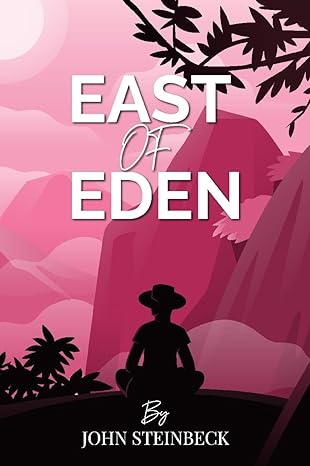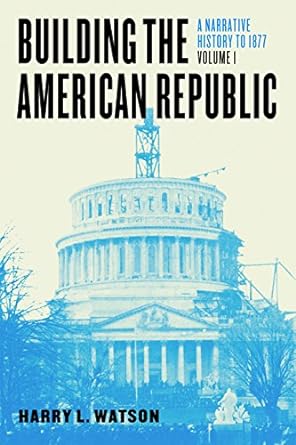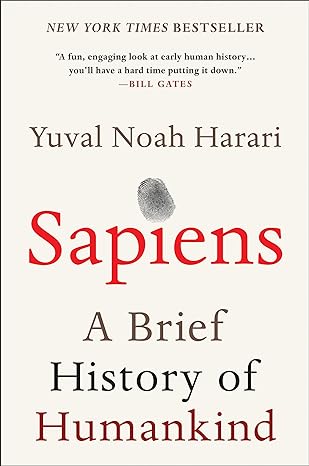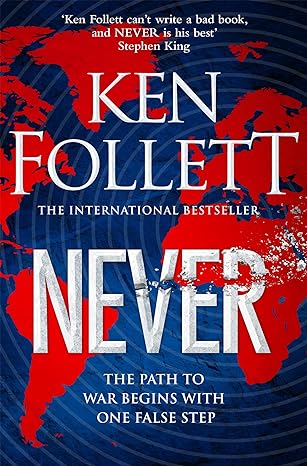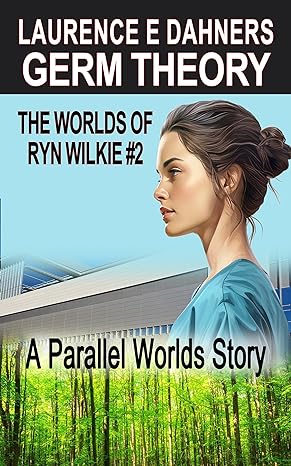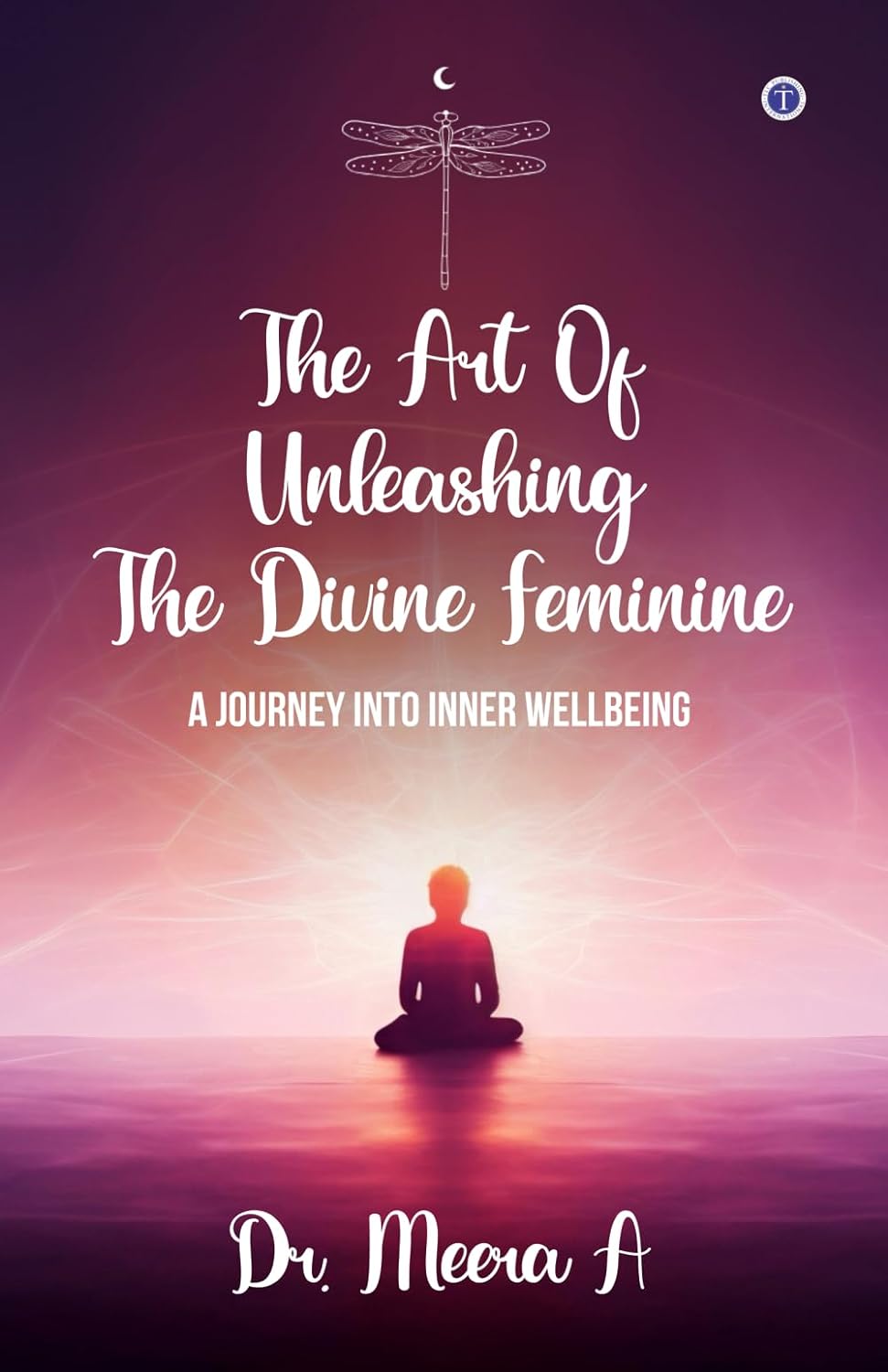
Making Sense of World History 1st Edition,
Making Sense of World History is a comprehensive and accessible textbook that helps students understand the key themes of world history within a chronological framework stretching from ancient times to the present day.
To lend coherence to its narrative, the book employs a set of organizing devices that connect times, places, and/or themes. This narrative is supported by:
Flowcharts that show how phenomena within diverse broad themes interact in generating key processes and events in world history.
A discussion of the common challenges faced by different types of agent, including rulers, merchants, farmers, and parents, and a comparison of how these challenges were addressed in different times and places.
An exhaustive and balanced treatment of themes such as culture, politics, and economy, with an emphasis on interaction.
Explicit attention to skill acquisition in organizing information, cultural sensitivity, comparison, visual literacy, integration, interrogating primary sources, and critical thinking.
A focus on historical “episodes” that are carefully related to each other.
Through the use of such devices, the book shows the cumulative effect of thematic interactions through time, communicates the many ways in which societies have influenced each other through history, and allows us to compare and contrast how they have reacted to similar challenges. They also allow the reader to transcend historical controversies and can be used to stimulate class discussions and guide student assignments.
With a unified authorial voice and offering a narrative from the ancient to the present, this is the go-to textbook for World History courses and students.
The Open Access version of this book has been made available under a Creative Commons Attribution-Non Commercial-No Derivatives 4.0 license.
BEST DEALS
About the Author
Rick Szostak joined the Department of Economics at the University of Alberta in 1985. His B.A. is from McGill and his PhD from Northwestern University. Szostak's research interests span the fields of economic history, methodology, history of technology, ethics, study of science, information science, world history, future studies, and especially the theory and practice of interdisciplinarity. One theme common to much of his research is the importance of complex webs of causality. He served on the Board of the Association for Integrative Studies for most of a decade, and was President 2011-3. He was President of the International Society for Knowledge Organization from 2018 to 2022. He has served on the governing councils of the interdisciplinary programs in Humanities Computing, Science Technology and Society, and Religious Studies at the University of Alberta. He has spent sabbatical leaves at the University of New South Wales and European University Institute in Florence. In 2007, he taught at the University of Alberta Faculty of Arts study-abroad program in Cortona, Italy. He has taught short courses for the College of Europe in Warsaw on both interdisciplinarity and future studies since 2020. He is the author of 20 books and over 50 journal articles, plus dozens of encyclopedia articles and book chapters. His current research agenda is described on his web page, Department of Economics, University of Alberta.





